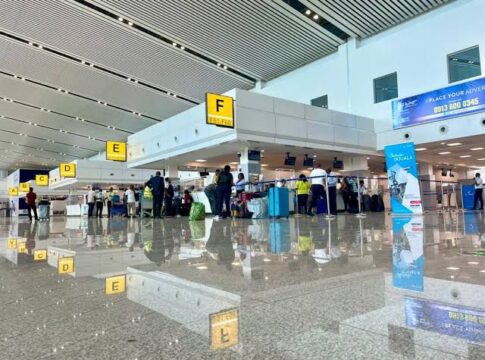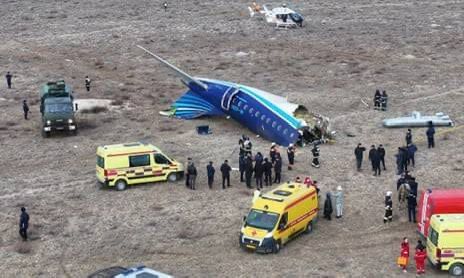At least 21 people have died in violent protests across Mozambique following a court ruling affirming the Frelimo party’s victory in October’s presidential election. Opposition supporters, alleging widespread fraud, took to the streets in anger, sparking chaos in major cities and rural areas.
“The armed and defense forces will increase their presence in critical and key points,” Interior Minister Pascoal Ronda announced on Tuesday, warning that further arrests may follow. At least 78 people have already been detained for their involvement in the unrest.
The Constitutional Council’s Monday ruling upheld the victory of Frelimo candidate Daniel Chapo, who secured 65.17% of the vote. Opposition leader Venâncio Mondlane and his party have rejected the results, claiming the election was marred by voter intimidation, ballot stuffing, and counting irregularities.
Protests Turn Violent Nationwide
Protests erupted in cities like Maputo, Beira, and Nampula, with demonstrators blocking roads, burning tires, and vandalizing public buildings. Police responded with tear gas and live ammunition to disperse crowds, leading to deadly clashes.
READ MORE: 2025 Budget: FG Sets N27bn Aside for Obasanjo, Buhari, Gowon, and Others
Human rights groups have called for restraint, urging authorities to protect peaceful protesters. “The safety of demonstrators must be prioritized,” one activist stated, highlighting reports of security forces firing on crowds.
Rising Discontent Amid Deepening Crises
Mozambique’s political tensions have been compounded by widespread poverty, economic challenges, and an ongoing Islamist insurgency in the Cabo Delgado region. The Frelimo party, in power since independence in 1975, has faced long-standing accusations of consolidating power and suppressing dissent.
Experts warn the unrest risks further destabilizing the nation. “These protests reveal a deep-seated frustration with governance and inequality,” political analyst Armando Machava said.
Aid Struggles as Sudan Refugees Flee to South Sudan
In parallel, violence in Sudan has forced over 80,000 people into South Sudan in less than three weeks, according to the UN Refugee Agency (UNHCR). Displaced families, mainly women and children, are fleeing fighting in the White Nile, Sennar, and Blue Nile states.
Nyarob, a South Sudanese returnee, described the harrowing escape: “When the army entered, there were gunshots and chaos. I immediately took my children and walked to the border.”
At the Joda border, resources are overwhelmed. Malnutrition rates have soared, and sanitation facilities are severely inadequate. “This place was built for a few hundred, but we now have over 5,000 people,” said Silva Alkebeh, Chief of Supply Logistics at UNHCR.
Despite efforts to provide aid, funding shortfalls mean many displaced families remain without basic necessities. UNHCR has urged the global community to step up support to prevent a worsening humanitarian crisis.




